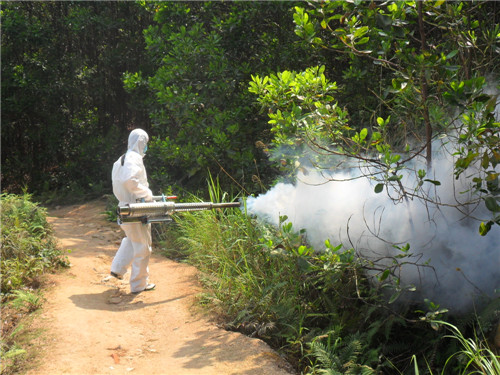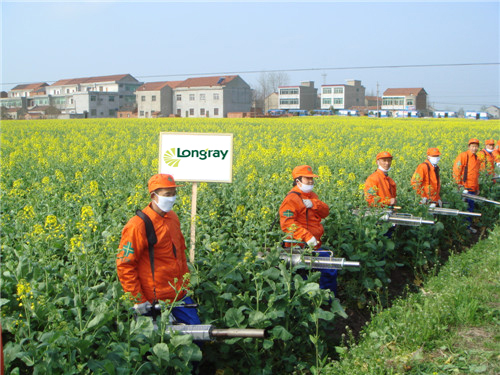Pest Control Demand Fuels Agricultural Fogging Machines Industry Boom
In recent years, the global agricultural sector has faced escalating challenges from pests, crop diseases, and climate change driven infestations. This surge in threats has sparked a significant rise in the demand for pest control solutions, particularly Agricultural Fogging Machines. Farmers, greenhouse operators, and agricultural businesses are increasingly turning to advanced fogging technology to protect yields, reduce losses, and maintain high quality standards in an increasingly competitive market.
The Global Rise in Pest Threats
Climate change, global trade, and shifting weather patterns have altered the dynamics of pest infestations. Insects like whiteflies, thrips, armyworms, and aphids are spreading faster, while plant diseases such as powdery mildew, rust, and bacterial blights are becoming more resilient. This has forced the agricultural sector to look for Fast, Effective, and Scalable Pest Control Methods, with fogging machines emerging as the front-runner.
Why Agricultural Fogging Machines Are in Demand
Unlike traditional spraying methods, agricultural fogging machines use Fine Mist Technology breaking down pesticides, fungicides, and disinfectants into ultra-small droplets that deeply penetrate crops. This ensures:
Uniform coverage for better pest and disease control.
Reduced Chemical Wastage and cost savings for farmers.
Faster Treatment over large areas, saving labor and time.
Compatibility with Organic and Biological Solutions for eco-friendly farming.
Technological Innovations Driving the Boom
The Agricultural Fogging Industry is Undergoing a Wave of Innovation:
Smart Foggers with automated droplet size control for precision application.
Battery-Powered and Electric Foggers for reduced emissions.
Lightweight Handheld Models for small farms, greenhouses, and indoor farming.
Truck- or Tractor-Mounted Systems for large-scale plantations.
Hybrid Fogging Systems capable of both ULV and thermal fogging.
These innovations allow farmers to tailor pest control strategies based on crop type, climate, and infestation severity making fogging a cornerstone of Precision Agriculture.
Environmental and Health Considerations
With stricter pesticide regulations worldwide, modern fogging machines support Integrated Pest Management (IPM) strategies. By delivering chemicals more precisely, they minimize:
Residues on crops.
Worker exposure.
Damage to beneficial insects like bees and ladybugs.
Additionally, the shift toward Biopesticides and Plant-Based Formulations in foggers meets the growing consumer demand for Pesticide-Free Produce, enhancing both marketability and sustainability.
Market Growth Across Regions
The boom isn' t limited to traditional farming hubs. Agricultural fogging machines are finding applications in:
Urban and Vertical Farming, where pest control in enclosed environments is crucial.
Hydroponic and Aquaponic Farms requiring strict hygiene.
Export-Focused Agribusinesses, where pest-free certification is mandatory.
Developing Economies in Asia-Pacific, Africa, and Latin America, where agriculture drives GDP and pest outbreaks can cripple food supply.
Analysts predict the market will grow at a Compound annual growth rate (CAGR) exceeding 7% in the next five years, fueled by rising agricultural investments and technological adoption.
Future Outlook: Smarter, Greener, and More Efficient
The demand for pest control will only intensify as global food demand grows. Agricultural fogging machines—once seen as just spraying tools are now evolving into Data Driven, Smart Pest Management Systems. The next generation of foggers will likely integrate with IoT Sensors, AI-based Pest Detection, and Drone Spraying Technology, further improving efficiency and sustainability.
Conclusion:
The agricultural fogging machines industry is in the middle of a historic growth phase, driven by the urgent need to protect crops from pests while meeting global sustainability goals. For Farmers and Agribusinesses, Investing in Advanced Fogging Technology is no longer optional it's the future of productive, profitable, and eco-friendly farming.

.jpg)


